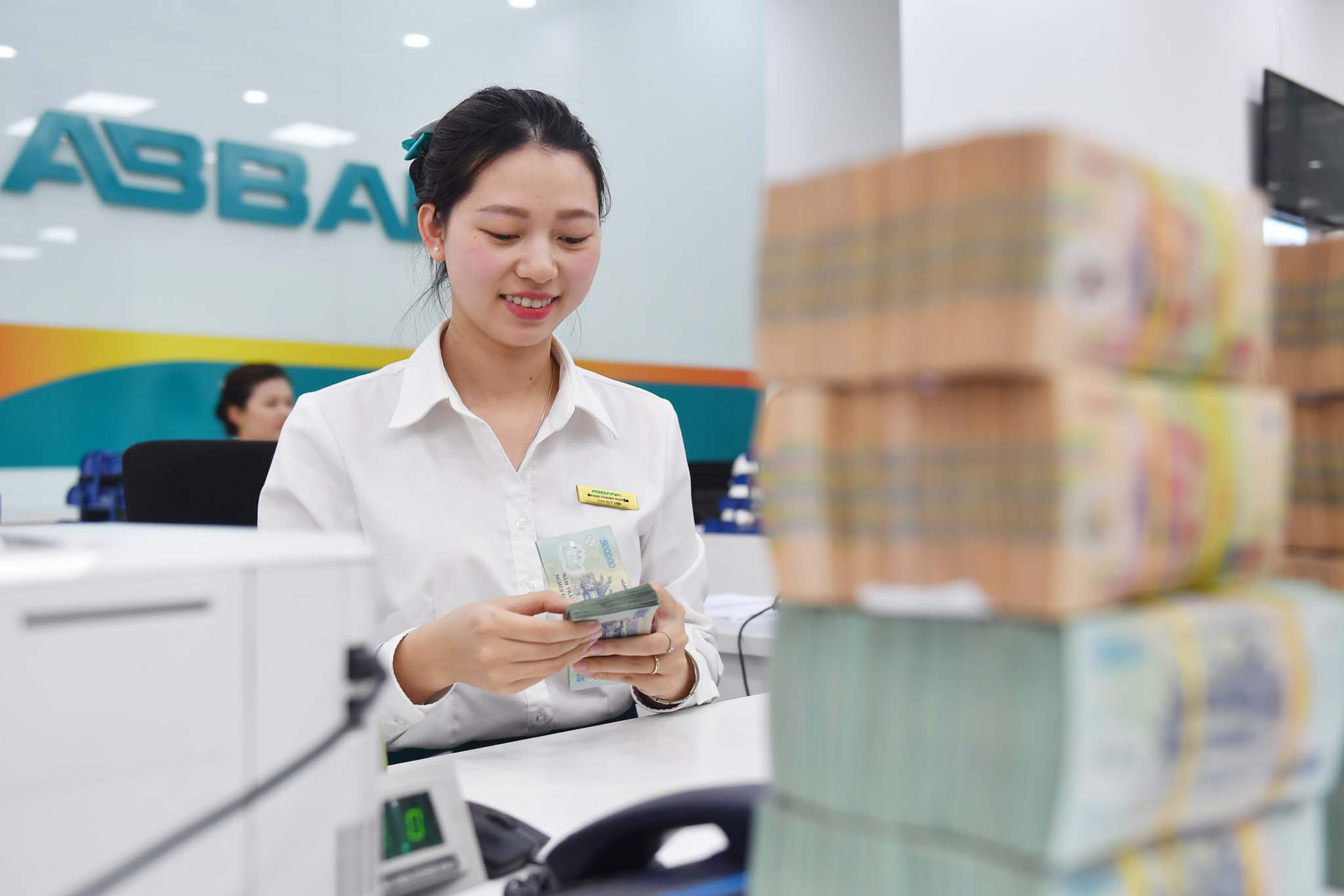
On April 7, Petrolimex auctioned all of its 120 million PGB shares of PGBank (PGB), or 40 percent of shares of the bank, at VND100 per share higher than the starting price of VND21,300 per share.
The task of seeking new owners for PGBank was accomplished after 11 years, according to VnDirect Securities. However, HOSE still has not announced who will take over the 40 percent PGB shares.
Petrolimex began planning the divestment from PGB in order to focus on its core business fields. However, the implementation went slowly, which led to delays in the bank’s plan on increasing capital to expand its operation scale.
In 2015, PGBank signed an agreement on merging with VietinBank. However, the deal could not be implemented two years later. In early 2018, VietinBank stated it had temporarily stopped the transaction of admitting PGBank.
In April 2018, PGBank signed an agreement on merging with HDBank (HDB) and got approval in principle from the watchdog agency. However, the deal once again got stuck. In early 2021, both PGBank and HDBank announced the deal had been stopped.
At that time, a large proportion of PGBank fell into the hands of TNG Holdings which introduced two affiliate companies PGBank and Maritime Bank (MSB).
Prior to that, on March 30, MSB, where Tran Anh Tuan was president, issued documents for the 2023 annual shareholders’ meeting, which showed the admission of a commercial bank.
MSB’s leaders then revealed the possibility of admitting PGBank. This was mentioned in discussions over many years. Many leaders of MSB left for PGB, while MSB wanted to admit PGB to increase lending capability.
PGBank was established in 1993 as Dong Thap Muoi Rural Area Bank with initial charter capital of VND700 million. After 12 years of operation, Petrolimex, the biggest petroleum distributor, contributed capital to the bank and officially became a big strategic shareholder of the bank. Dong Thap Muoi Bank was renamed Petrolimex Bank (PGBank).
In 2013, 300 million PGB shares were put into a transaction on UpCom at VND10,000 per share. In late 2022, the bank’s charter capital reached VND3 trillion, the lowest in the banking system.
The presence of PLX as a big shareholder helped the bank in its business. Since 2013, PGBank has taken full advantage of its network (2,600 filling stations) and cooperated with 184 subsidiaries and partners of PLX to obtain the right to provide wage payment services to Petrolimex’s workers, and bring on-demand deposits to the bank.
Takeover deals
In general, takeover deals of commercial banks always last a long time. In many cases, investors only appear after a decade.
Recently, the State Bank of Vietnam (SBV) accepted a proposal from LienVietPost Bank (LPB) on transferring 140.5 million shares after one year of discussion.
In early 2022, Vietnam Post put 122.2 million LPB shares up for auction, but the plan failed. Only seven domestic individual investors registered to buy LPB shares at the average price of VND29,483 and there was no institutional investor. The starting price was VND28,930 per share, or VND3.5 trillion for the whole lot of shares.
At an auction on April 21, the challenge for Vietnam Post to divest from LienVietPost Bank was huge. The amount of shares on sale was not high, just 140.5 million, or 8.13 percent of charter capital, not high enough for shareholders to manage the bank.
Meanwhile, the starting price was VND22,908 per share, or 50 percent higher than LPB market share price.
EVN’s (Electricity of Vietnam) divestment from AnBinhBank in 2013 was also a difficult deal. Under the current regulation, EVN was not allowed to sell shares at prices lower than prices at which it bought before. Meanwhile, the banking system was then facing difficulties and had to undergo restructuring.
In late 2013, EVN successfully transferred 25.2 million ABBank to Geleximco for VND252 billion, reducing its ownership ratio from 21.3 to 16 percent. In late 2015, EVN reduced its ownership ratio at ABBank to 8.7 percent.
The other complicated divestment deals included Vietnam Airlines’ divestment of 24 million Techcombank shares in late 2013; VNPT’s divestment of Maritime Bank shares in 2015-2017. Meanwhile, MobiFone faced difficulties when trying to divest from SeABank and TPBank. The national oil and gas group PetroVietnam even lost VND800 billion as it could not divest 20 percent of capital from OceanBank, incurred big loss and lost stockholder equity.
Manh Ha